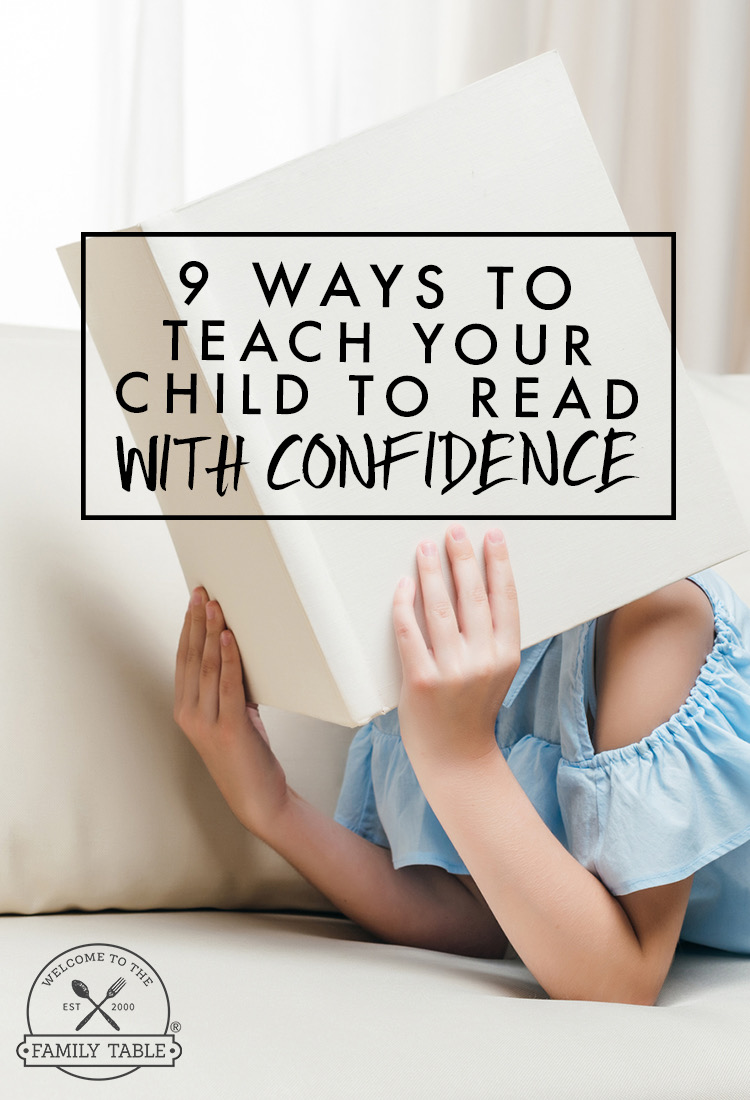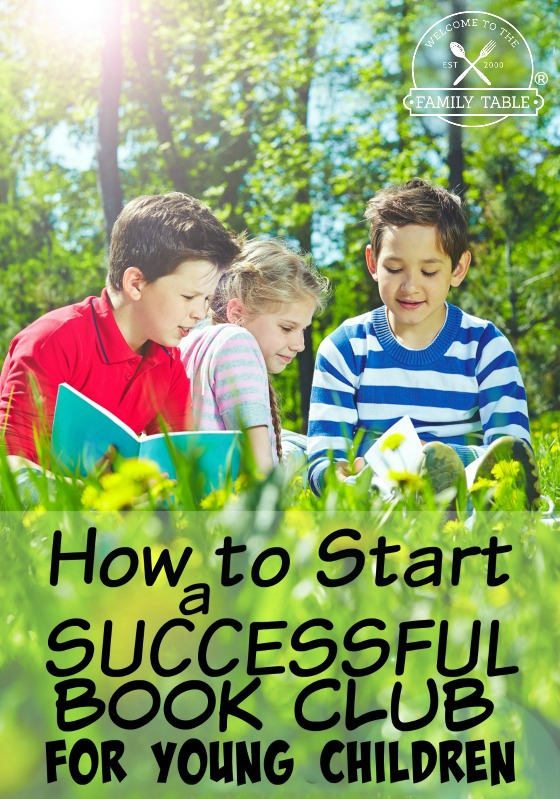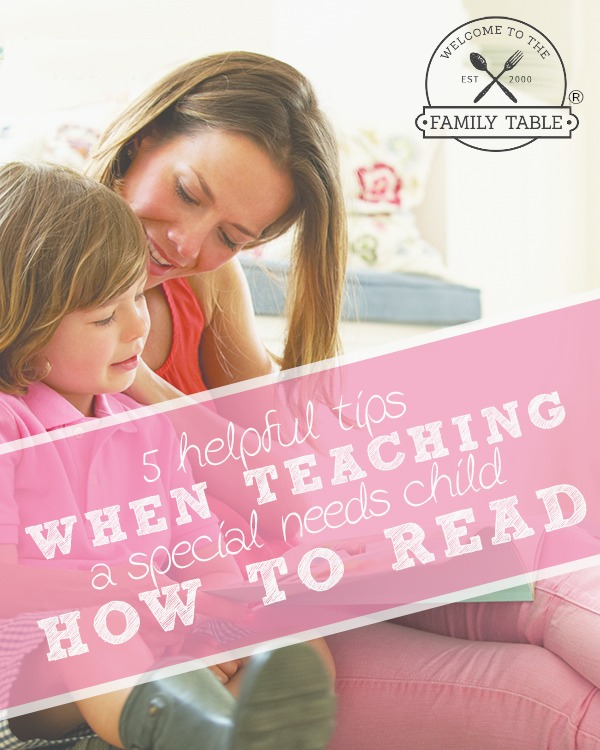6 Important Literacy Skills Your Child Gains From Reading

Now that school’s back in session, so are the reading requirements…and the whining at homework time. We all know that reading is good and will help our children grow; but is it really important to push them after a long day at school? Today we are sharing 6 important literacy skills your child gains from reading, to help you keep perspective as you journey with your child to become the best reader they can be.
6 Important Literacy Skills Your Child Gains From Reading
1. Comprehension
Reading books that your child enjoys will help him to develop his ability to comprehend; to understand words and phrases in written text, and the ideas that the author is trying to convey. When comprehension strategies are applied to nonfiction text, your child is fine-tuning his skills so that he will be successful in reading about the world around him.
Comprehension skills carry over to all content areas at school. If a subject has a textbook, then your child’s ability to comprehend directly impacts his ability to do well in that subject. He may do well in math, but if he has a hard time comprehending text, he won’t understand what that story problem wants him to solve.
2. Vocabulary and Context
When reading, your child will come across unfamiliar words. Using the words that surround the unknown word will help her to determine the word’s meaning. Not only will this important skill help her to expand her vocabulary, but it will also develop her ability to use context clues (a skill that is assessed in most reading curricula). Reading regularly will help your child to instinctively use context to understand new words…a skill that she’ll use for the rest of her life.
3. Comparing and Contrasting
Whether we know it or not, we compare and contrast each and every day. …Which cereal is the better buy? Which option is the better investment?…and so on. Reading helps your child to be able to identify those relationships. In literature we compare characters or contrast their personalities. By practicing comparing and contrasting through reading, children are developing skills that will be used into adulthood.
4. Writing Skills
Reading and writing go hand-in-hand. Reading text regularly helps children to be able to identify sentence structures, author’s styles of writing, and formats of text. By experiencing text through reading, your child is better prepared to emulate that in his writing. Without reading, he won’t have as clear a picture of where to start when he sits down with that piece of paper. This ties in directly with notebooking which is a skill that compliments reading very nicely and allows your child to gain confidence in writing, too!
5. Prediction Strategies
Another skill that we use each day is prediction. We may predict how our plans might have to change if it rains or how someone might react to our words. By reading fiction or nonfiction text, your child is able to see cause and effect relationships that help her to better predict outcomes. For example, in the novel that she’s reading, two girls are starting a club and choose to only allow people who were invited to join. She might predict that those who were uninvited would feel left out. When her predictions are confirmed later in the story, she’s able to build confidence in her prediction abilities, as well as carry those lessons into her daily life.
6. Drawing Conclusions
One more skill that, as adults, we take for granted is the ability to draw conclusions. We look at situations and assess what is happening, whether or not it is explained to us. An example would be the sky is getting dark and the wind is picking up, so we draw the conclusion that a storm is coming. Through reading, your child is able to practice drawing conclusions about what is happening in text. Again, this skill can be practiced with any kind of text. By reading between the lines, your child is practicing necessary skills that he’ll use each day.
So when your child’s teacher requests a certain amount read each evening, take a deep breath and encourage her to find something that she enjoys. By getting her hooked on a good book, she’ll develop skills that will take her beyond the classroom.




